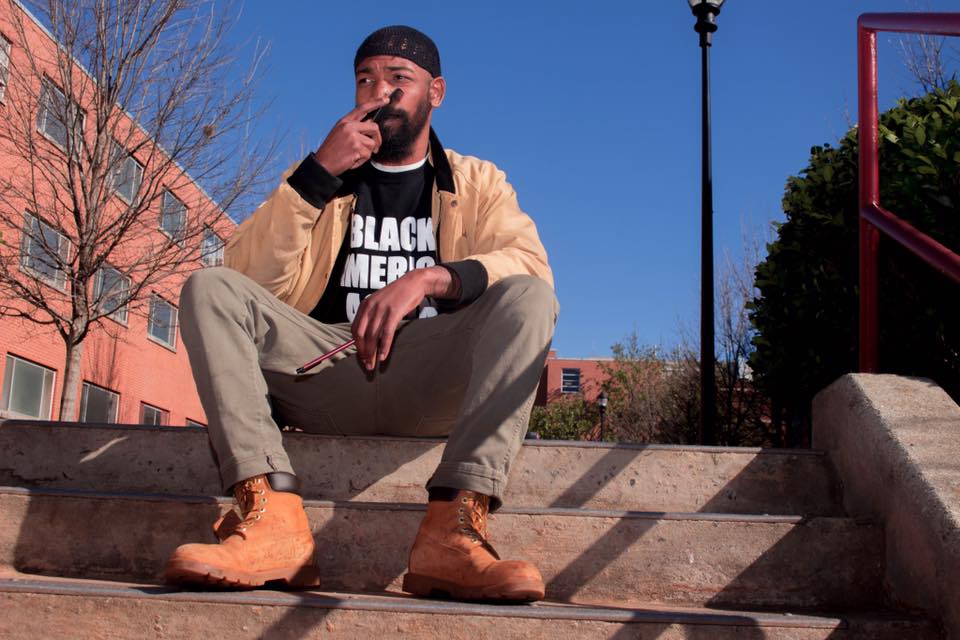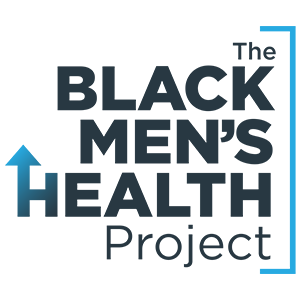
Lawrence Trapp is currently a student at Morehouse College and an advocate for mental health awareness. Through his own testimony, Lawrence uses his story to help his fellow classmates, friends and family members realize the importance of self-care, responsibility, and being healthy. His experience dealing with alcoholism, depression, suicide, and other mental health issues among his friends and family have taught him valuable lessons about the challenges that the Black community, specifically Black men, can face. Read some of the excerpts from our interview below.
How would you describe your current health status?
Now… my current health status…I would say it’s good. My health is something that I always check on often. I don’t let things just happen anymore and hope that my mind or my body will heal itself. Anything that I have questions about I take care of right then and there.
Have you always been this way?
Not at all. Specifically dealing with mental health, one, I could never acknowledge that I suffered mentally, whether that was in the form of depression or anxiety. The reason why I couldn’t acknowledge it was because there’s such a negative taboo associated with mental health especially with black men that are mentally unhealthy.
Tell me about your specific challenges with mental health.
Mental health is something that I’ve been dealing with since the beginning of time; not me personally, but within my family. I remember what I saw growing up and when I began to deal with my own issues, I was always afraid of becoming what I saw. I had a relative that suffered from schizophrenia, so around the age of 18 to 20, around the age when I started drinking, I started to have these wild thoughts and I became more depressed. Instead of me going to talk to somebody about it, I started self-medicating. It turned from being innocent — having a few drinks here and there, doing college kid stuff — into a habit and that habit turned into a lifestyle. I would just drink and drink and drink because it would allow me to escape my mind and it allowed me to not think about those things that were bothering me.
What did you do to make a change when you realized that you had these issues?
I ended up dropping out of school the year I was supposed to graduate, and when I dropped out, I wanted to leave because I knew I needed some help. My mom got me involved in all types of counseling…I was seeing a psychiatrist and a psychologist. I remember when I saw the psychiatrist they tried to put me on medication, but I decided not to take the medication and do this in a way that the only thing I would depend on would be God and myself. It was a journey– I had to make a decision to keep myself in check every single minute of the day until it became a lifestyle for me.
I also went to AA; I went to AA once a week. The group was a very diverse group, but when I got back to school, I could not find any group that I felt comfortable in and that I could be able to relate to, so I don’t go to AA anymore. There aren’t enough resources for young black people…like support groups to get help. I can understand why people don’t go to AA, just off the fact that there are not enough people in AA that they can relate to.
With counseling, I can only stress how important it is to go to a psychologist or therapist. People don’t understand how we can help ourselves sometimes — [psychologists or therapists] can ask you questions that you won’t even think about, and you’ll end up talking so much that you’ll start answering some of your own questions. Now, I’ve got two years of sobriety under my belt my mental health is clean.
